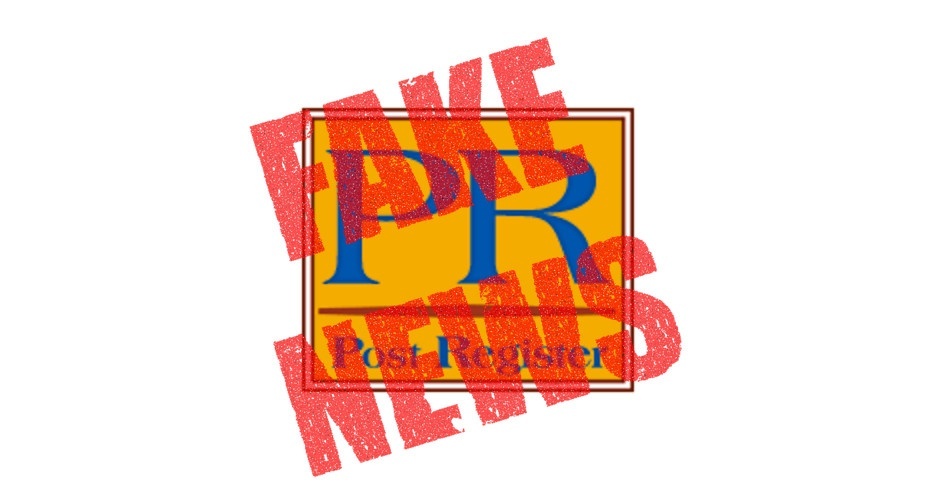Reporter Bryan Clark posted an article on September 18 in the Idaho Falls Post Register regarding US 20 and proposed wildlife overpasses at Targhee Pass (TP) in Island Park (IP). He took the time to quote Kim Trotter and Kathy Renaldi, who represent the initiatives which have been intimately involved with the Idaho Transportation Department (ITD), for their rationale to place overpasses at TP. Also mentioned were Eric Verner from ITD and Rene Seidler who is currently a contract employee of Idaho Fish & Game (IDFG).
While Mr. Clark claims “many are on board” with the placement of overpasses at TP the only individuals who have been involved with ITD are those who want the overpasses, which are the NGOs and initiatives. Information was never provided to IP residents for input, even three years ago when the studies began. In fact, the first ITD public meeting held for IP residents was in mid-December last year when many were not in residency, and even then the full truth about all of their activity was not revealed.
It is interesting to note that Ms. Seidler cites TP as sitting on the boundary of Yellowstone and the High Divide. The High Divide has been one of the more aggressive, behind the scenes initiatives, to place land into conservation status along with Yellowstone to Yukon, Ms. Trotter’s initiative, both promoting overpasses, corridors, and connectivity.
However, the fake news part of his article is the obvious intention to contact individuals who support this effort, yet failing to contact anyone from what he cites as a “small campaign”. Mr. Clark proceeds to label individuals, with whom he has not spoken to, as “ideologically aligned with the further-right corners of the tea party and the John Birch Society.” He also claimed the “Gem State Patriot News (GSPN)” was “a website aligned with the tea party.” What is his motive to shift the issue from wildlife overpasses to making false claims, innuendos, and biased opinions about a website? Why were the opposing views of overpasses not sought to fully inform the reader on the subject?
At what point did Mr. Clark make any effort to contact any individual at GSPN to substantiate his claims? Was the individual who wrote the six-part series contacted by Mr. Clark? What efforts did Mr. Clark make to search for the reasoning behind the opposition to overpasses? For a journalist to be so careless in remaining objective and capturing the facts is beyond any semblance of responsibility.
GSPN accepts and publishes articles from multiple individuals, many of whom are held in high regard, from all over the United States, and who are not Tea Party or John Birch Society members. While the individuals who run the GSPN may have participated in Tea Party events in the past there is no active participation in this group or the John Birch Society at the current time. The GSPN staff did not write any article that he references.
As for his claim regarding the United Nations and Agenda 21, his feeble attempt here is to make these claims of conspiracy so as to have the reader accept his final conclusion and divert them from reading the information. His research was certainly not solid and revoked any need for a reader to do their own research. There must be some underlying fear that if the reader does take the time to read those articles, they will find the links which substantiate the information. That is the reason for the jump from overpasses to websites, neither subject has anything to do with the other. We are concerned that Mr. Clark never fully read all of the articles or visited the linked sites because if he had we would not be writing this letter.
The Idaho State Journal (ISJ) posted a watered down version of Mr. Clark’s article, with no author listed, but added their own little snipe: “While environmental groups have supported the wildlife overpasses, some groups that are rooted in conspiracy theories have led campaigns questioning the motives behind the wildlife overpasses.” Which ISJ reporter sought to substantiate Mr. Clark’s claims rather than blindly summarize his words?
Mr. Clark, you have contributed to the degraded state of responsible journalism as it exists today by subjectively pursuing information that supports one opinion, excluding information that would provide a broader or more accurate understanding of an issue, and then taking it upon yourself to use language to describe websites and individuals with whom you have had no conversation. This is a disservice to every reader of your inaccurate reporting.


